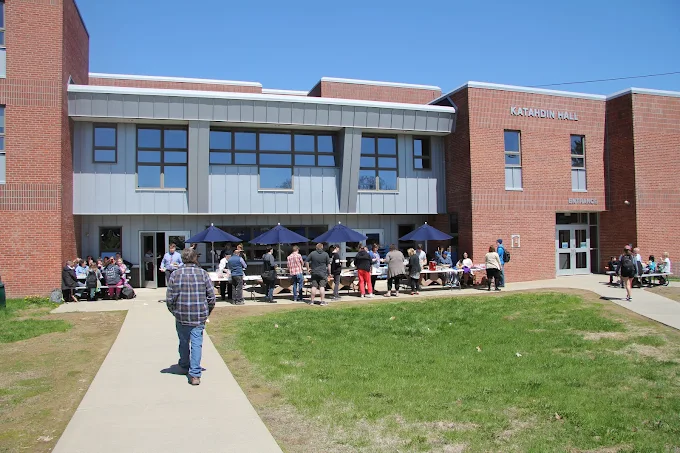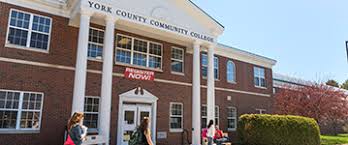John Fitzsimmons has been the President of The Foundation for Maine’s Community Colleges since 2019. Dr. Fitzsimmons led the effort to establish the Foundation in 2010 to raise funds to help support the seven community colleges and their students. Over its fifteen-year history, the Foundation has raised $147,000,000.
Dr. Fitzsimmons was President of the Maine Community College System (MCCS), from 1990 to 2015. During that time, enrollment at the System’s seven colleges increased from 3,300 students to 18,200, with an additional 12,000 individuals enrolled in non-credit courses and customized training. Under his leadership, the community college system played a significant role in enhancing educational opportunities for Mainers and helping businesses find the skilled workers they need to compete and prosper.
In March 2003, his vision to transition Maine’s technical colleges into full-fledged community colleges won the overwhelming and unprecedented support of the Maine Legislature and Governor John E. Baldacci. On July 1, 2003, the System officially became Maine’s Community College System, and the MCCS became one of the fastest-growing community college systems in the nation.
During his presidency, the MCCS received national recognition from the National Alliance of Business and the University of Florida Future’s Assembly, and was a recipient of the David Pierce Organizational Leadership Award from North Carolina State University National Initiative for Leadership and Institutional Effectiveness. During his tenure, Dr. Fitzsimmons earned several statewide recognition awards, including the Maine State Chamber of Commerce Dirigo Award for his leadership efforts in economic development and the Economic Development Council of Maine’s Lifetime Achievement Award in recognition of his leadership and vision in the areas of higher education and workforce development. In 2010, MaineBiz honored him as the Non-Profit Business Leader of the Year, and in 2012, he was inducted into the Junior Achievement of Maine Hall of Fame in recognition of his significant and enduring contributions to Maine’s economy and its sense of community. In 2014, he was named by Maine Magazine as one of the 50 most influential Maine people shaping our state’s future. In July 2015, the MCCS Board of Trustees confirmed President Emeritus status on Dr. Fitzsimmons for his 25 years of exemplary leadership.
Dr. Fitzsimmons spent 45 years in higher education and workforce training. Prior to his presidency, he served as Maine’s Commissioner of Labor under Governor John R. McKernan, Jr. He received numerous national recognitions, including the prestigious National Alliance of Business “State of the Year” award for his innovative programs in human resource development.
Dr. Fitzsimmons earned his baccalaureate degree from the University of Rhode Island, his masters from the University of Southern Maine ,and his doctorate from Nova Southeastern University. He served as a Sergeant in the U.S. Marine Corps, including a tour of duty in Vietnam in 1969 and 1970. He chaired the veterans group responsible for the building of Maine’s Vietnam Memorial in Augusta. He has also long been a strong supporter and advocate of youth sports in his home community where he has coached baseball and football for nearly 40 years.
Dr. Fitzsimmons resides in Falmouth, Maine, with his wife, Lynn. They have two grown sons, JB, who lives in Virginia, and Ryan, who lives in Maine.








